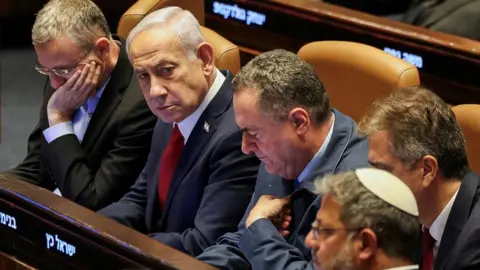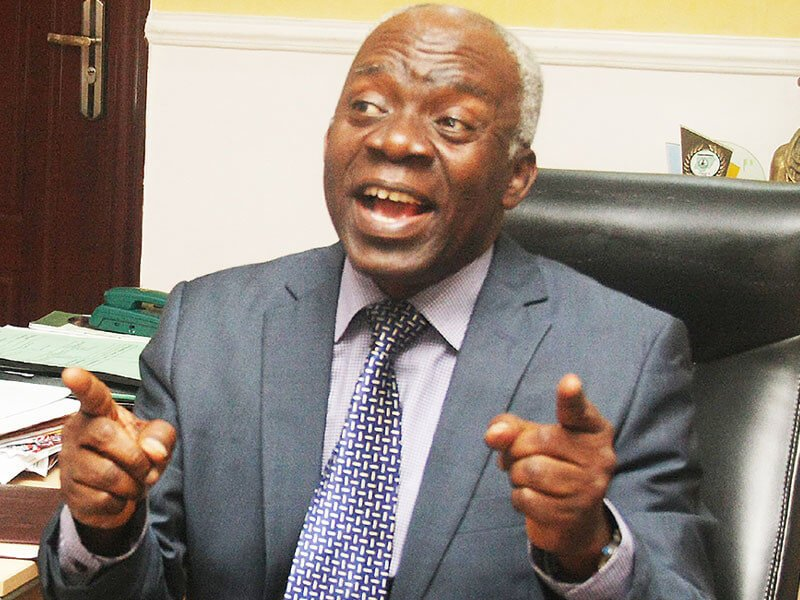The House of Representatives has passed a resolution calling on the federal government to reverse the recent increases in petrol and cooking gas prices. The motion, co-sponsored by Kingsley Chinda (Minority Leader), Aliyu Madaki (Deputy Minority Leader), and 109 other lawmakers, was adopted during Wednesday’s plenary session.
On October 9, the Nigerian National Petroleum Company (NNPC) Limited raised petrol prices across the country. In his motion, Madaki expressed concerns about the continuous surge in fuel prices, citing the removal of fuel subsidies, global oil price volatility, and the depreciation of the naira as primary contributors. He warned that the rising costs are placing an unsustainable burden on Nigerians, affecting daily essentials like transportation, food, and healthcare.
Madaki further cautioned that failure to address the issue could result in an economic crisis, leading to increased poverty, social unrest, higher crime rates, and a rise in mortality. He also noted that small and medium-sized enterprises (SMEs) are struggling with operational costs due to high fuel prices, threatening both economic stability and job security.
Though Sada Soli from Katsina opposed the motion, citing an ongoing investigation by a joint ad hoc committee of the House and Senate, many lawmakers, including George Ozodinobi from Anambra, underscored the negative impact on the newly approved N70,000 minimum wage and the soaring cost of living. Ozodinobi also suggested that Nigeria should reconsider its membership in OPEC as a potential solution.
After extensive debate, Speaker Tajudeen Abbas presided over a voice vote, which led to the adoption of the motion. The House urged the federal government to stabilize fuel prices through measures such as temporary price relief, tax reductions, or subsidies for low-income households. They also called on the NNPCL and the Ministry of Petroleum Resources to expedite refinery repairs to increase local production, reducing reliance on imports. Additionally, the Central Bank of Nigeria (CBN) was urged to implement monetary policies aimed at mitigating the inflationary effects of rising fuel costs on essential goods.



























